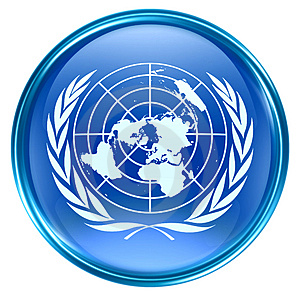
Dallas Morning News,
Each week we will post a question to a panel of about two dozen clergy, laity and theologians, all of whom are based in Texas or are from Texas. They will chime in with their responses to the question of the week. And you, readers, will be able to respond to their answers through the comment box.
We are only two days away from Thanksgiving, when many of us will join others for a wonderful meal around a table. Presumably, many will say thanks and offer a prayer.
The writer Anne Lamott offered her observations about saying grace in this Parade article. The piece is based upon her new book, Help, Thanks, Wow: The Three Essential Prayers.
Here’s one quote from her Parade essay that struck me as realistic and pertinent:
“We’ve all been held hostage by grace sayers who use the opportunity to work the room, like the Church Lady. But more often, people simply say thank you — we understand how far short we must fall, how selfish we can be, how-self-righteous, what brats. And yet God has given us this marvelous meal.”
She has her take on saying thanks, which I rather like. But why do we say grace over a meal, including a traditional one like the Thanksgiving dinner?
NITYANANDA CHANDRA DAS, minister of ISKCON (International Society for Krishna Consciousness), Dallas
What I practice is often called the kitchen religion. For example, last Sunday our temple held a festival wherein we had a 1000+ preparation feast. Sacred food is part of our every day life, for spirituality should not be a once a week event but rather 24/7.

How can we do this practically? Everyone has to eat, and food is produced by the mercy of God. We cannot eat nuts and bolts from factories. So out of respect, food should be first cooked and offered to God. This offering is not simply an affair of respect. Cooking for someone is a natural way to express love. So in the intermediate stages such an offering may be out of respect, but in the advanced stage it is out of love.
Love means that acts are done selflessly for the other person's benefit. Sacred literature proclaims that one can offer pure foods - vegetarian food - to God and He will accept if it cooked and offered with love. That is what called a karma free diet: no one is harmed, and even the soul in the vegetables that are offered are benefited. Such food is called prasadam.

One is example is that of a wife who eagerly awaits for her husband to return from war. On the day of his return, she goes to the grocery store buying ingredients for the food that she thinks that he would like. She then cooks that food and lovingly serves him when arrives at home. So her shopping and cooking and serving are all being done with the meditation pleasing her husband. So similarly one can shop, cook and offer food to God with loving feelings. Therefore not only moment of saying grace is sacred but the entire endeavor down to the trip to the grocery store becomes a spiritual meditation. By offering vegetarian food not only is the turkey thankful but even God Himself is pleased to see that we are following His commandment of Thou shalt not kill.


 Everyone speaks about some so-called brotherhood, but generally there is no mention of the father. Unless we can recognize the supreme fatherhood of God, we will never realize any sort of brotherhood or unity. As long as people speak in terms of ‘my’ God and ‘your’ God or ‘there is no God’ there will be no factual brotherhood whatsoever.
Everyone speaks about some so-called brotherhood, but generally there is no mention of the father. Unless we can recognize the supreme fatherhood of God, we will never realize any sort of brotherhood or unity. As long as people speak in terms of ‘my’ God and ‘your’ God or ‘there is no God’ there will be no factual brotherhood whatsoever. In the United Nations, for instance, all the nations have their particular national ambitions, and consequently they cannot be united.
In the United Nations, for instance, all the nations have their particular national ambitions, and consequently they cannot be united.

